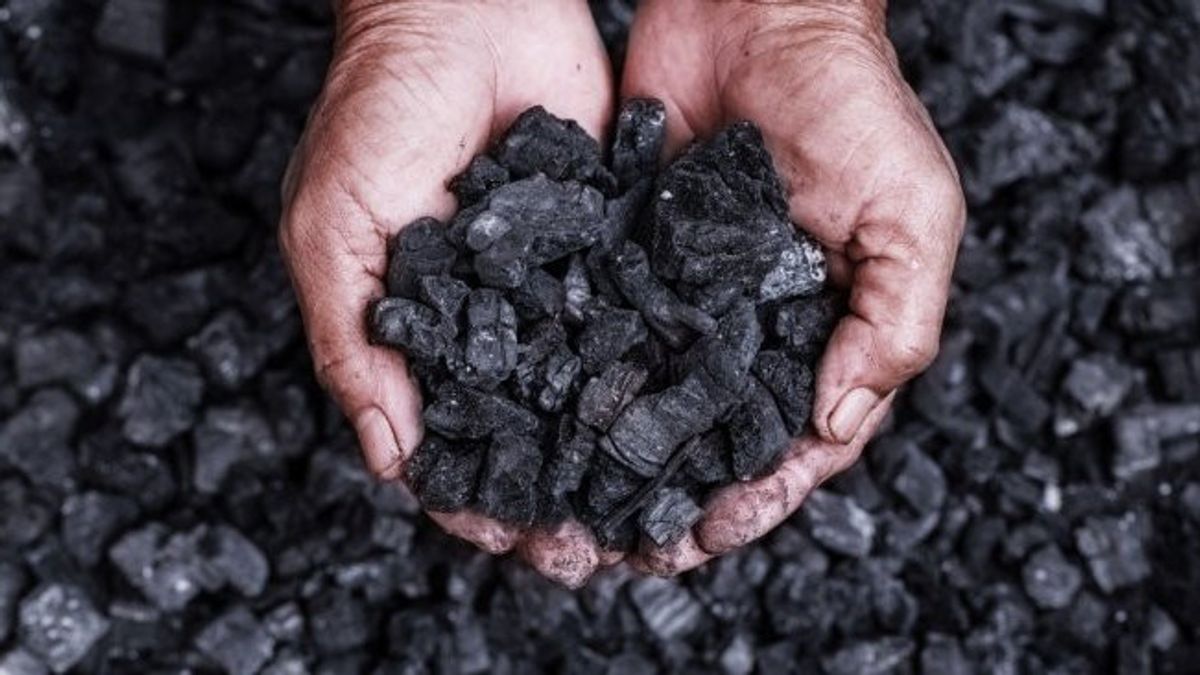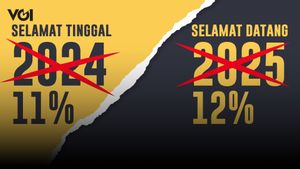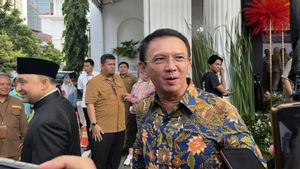JAKARTA - The government through the Ministry of Finance (Kemenkeu) explained that the energy transition process in Indonesia from fossil to new and renewable energy is still ongoing.
The Expert Staff to the Minister of Finance for Tax Compliance, Yon Arsal, emphasized that this was to ward off the notion that the government seemed slow in pushing the energy transition due to the significant growth of coal commodity this year.
“No (slow in energy transition). The government continues to commit to developing new and renewable energy sources. This can be seen from the Presidential Regulation on the economic value of carbon (carbon tax) which has been determined in the Law on the Harmonization of Tax Regulations (HPP)," he said when answering questions from the media crew through online channels, Monday, July 25.
According to Yon, the carbon tax is concrete evidence in seeking the transition of fossil energy into energy that is more environmentally friendly.
“But of course, this move is not only fast, it means it is a challenge that we must face. Keep in mind that each country must face its own problems in this context. One thing is clear that the government is consistent and committed to moving towards new and renewable energy in line with challenges and opportunities," he explained.
"Hopefully the implementation can go well when it is implemented," continued Yon.
SEE ALSO:
VOI noted that the government's big step in implementing a carbon tax in Indonesia had to be pushed back from the schedule set on July 1, 2022.
This news was first conveyed by the Head of the Fiscal Policy Agency (BKF) of the Ministry of Finance, Febrio Kacaribu, in his presentation on the realization of the State Budget some time ago.
"The government is considering reviewing the implementation of the carbon tax in July 2022," he said on Thursday, June 23.
Meanwhile, the carbon tax itself is targeted to be applied for the first time to new coal-fired power plants with a cap and tax mechanism starting in 2022 according to the mandate of the Cost of Goods Sold (HPP) Law.
Although postponed, fiscal policy to support the energy transition is still being pushed to be implemented this year. The government itself plans to make Indonesia's carbon tax a pilot for the country's strategic policies at the heads of state meeting at the G20 Summit next November in Bali.
“The government continues to make the implementation of the carbon tax in 2022 a strategic policy driver that will be a showcase at the G20 high-level meeting later. This showcase also encourages other climate change mitigation actions, such as the energy transition mechanism, which on the one hand is to retire coal-fired power plants early and accelerate new and renewable power plants," said Febrio.
The English, Chinese, Japanese, Arabic, and French versions are automatically generated by the AI. So there may still be inaccuracies in translating, please always see Indonesian as our main language. (system supported by DigitalSiber.id)
















